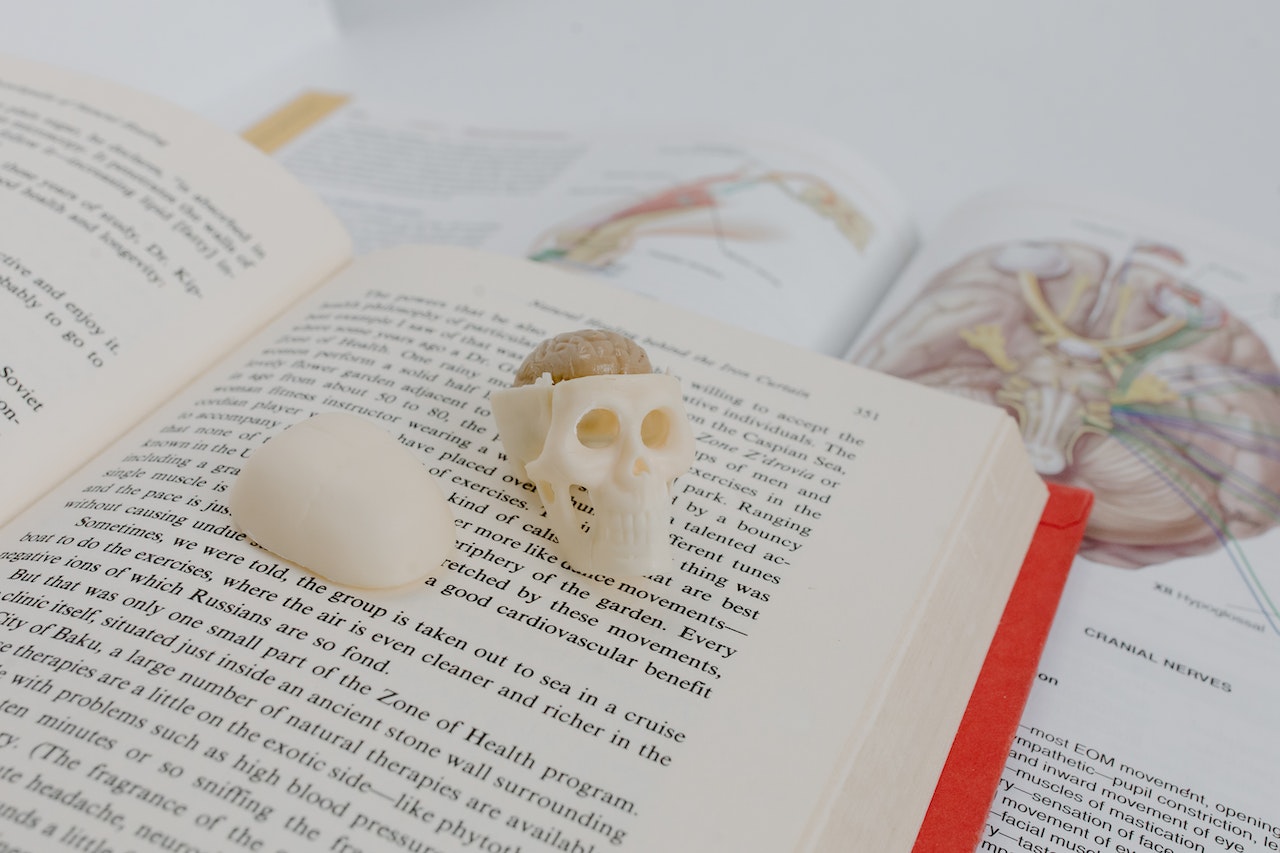Medical school is an intense, demanding journey that prepares students for the demanding responsibility of caring for human lives. The academic rigors, endless study hours, high-stakes exams, and clinical rotations tax students mentally, physically, and emotionally. It’s no wonder medical students face elevated risks of anxiety, depression, burnout, and impostor syndrome.
The good news is that while medical school is difficult, you can take steps to make the experience more manageable. Keep reading the article below for seven tips to make your medical school journey a little easier.
1) Optimize Your Study Skills:
Honing your study skills and strategies helps you absorb the tsunami of information covered in medical school as efficiently as possible. This maximizes comprehension and retention while minimizing study time.
To optimize learning:
- Identify your learning style. Are you a visual, auditory, reading/writing, or kinesthetic learner? Tailor study methods accordingly.
- Space out studying through short, frequent sessions rather than cramming. This enhances memory.
- Review material quickly after class when it’s fresh. This initial pass cements foundations.
- Summarize key concepts in your own words.
- Use memory devices like acronyms, rhymes, visual maps, and flashcards. These aid recall.
- Study in focused blocks without distractions. This immersive focus maximizes efficiency.
- Teach concepts to classmates. This reinforces knowledge.
- Limit re-reading notes; test yourself instead with practice questions. This boosts active learning.
Reflect on what study strategies work best for you, and keep refining your methods. Don’t forget to take regular breaks to recharge.
2) Embrace Online Learning Methods:
Online learning tools like recorded lectures, instructional videos, webinars, and mobile apps are invaluable for reinforcing medical knowledge. Resources like online MHA degree programs demonstrate how digital learning can expand access to quality education.
Medical students should take advantage of online learning options like:
- Video lectures and podcasts review concepts while exercising or commuting.
- Apps offering study guides, quiz questions, and flashcards for on-the-go practice.
- Digital textbooks with built-in highlighting and note-taking features.
- Online question banks give instant feedback on diagnostic reasoning.
- Virtual study groups connected through social media and video chat.
- Time-saving online research rather than trips to the library.
3) Manage Your Time Wisely:
Between classes, clinical rotations, labs, studying, and other responsibilities, medical students battle constant time constraints. Planning your schedule and managing your time well prevents feeling overwhelmed.
Effective time management strategies include:
- Use calendars and to-do lists to organize tasks and deadlines. Schedule study sessions.
- Group similar tasks like errands to conserve time.
- Identify peak productivity times and do focused work then.
- Batch-cook meals and snacks weekly to save time.
- Let go of perfectionism; finishing something is better than perfecting it.
- Say no to nonessentials. Don’t overcommit.
- Set alerts on your phone to stay on track when working.
4) Don’t Isolate Yourself:
The intensive pace of medical school can lead students to isolate themselves and focus solely on academics. However, having social connections provides vital support, perspective, and life balance. Make time for relationships with family, friends, classmates, and mentors.
Ways to stay connected include:
- Schedule video chat dates or coffee breaks with long-distance friends and family.
- Join school clubs to meet classmates with common interests.
- Form study groups that double as social time.
- Attend school mixers, events, and society meetings to network.
- Share healthy meals with classmates and chat.
- Check-in regularly with peers to share advice and cheer each other on.
- Meet one-on-one with faculty mentors for guidance.
- Confide in loved ones about school challenges for moral support.
- Use team-based apps to collaborate with study groups.
5) Get Physical Exercise:
It’s crucial to work physical activity into your routine despite medical school’s fast pace. Regular exercise provides a mental break, reduces stress, sharpens focus, and boosts learning capability.
Ideal options to fit fitness into busy school days include:
- Take walk breaks when you’ve been studying for hours.
- Squeeze in YouTube yoga or cardio videos during study breaks.
- Schedule time for longer workouts at the campus gym on lighter class days.
- Join an intramural sports team or fitness club to stay active with classmates.
- Do bodyweight exercises like push-ups and crunches while reviewing notecards.
- Go for a jog or bike ride outdoors when you need a change of scenery from the library.
- Walk while you take phone calls or listen to medical lectures instead of sitting.
- Stretch regularly to relieve muscle tension from hunching over books.
6) Eat Nutritious, Brain-Boosting Foods:
A healthy, balanced diet provides energy for long study days and keeps your mind sharp. But busy schedules can lead to grabbing junk food on the run. Be intentional about meal planning and snacking on nutritious brain foods.
Some healthy study fuel includes:
- Proteins like eggs, nuts, yogurt, and salmon for sustained energy.
- Leafy greens and vegetables for vitamins, minerals, and complex carbs.
- Fresh fruits like berries contain antioxidants.
- Hydrating water, green tea, and coconut water. Skip sugary drinks.
- Whole grains like oats, quinoa, and bran for fiber.
- Coffee in moderation for concentration.
- Dark chocolate for flavonoids that boost blood flow to the brain.
- Avocados contain healthy fats for mental stamina.
7) Make Time for Self-Care:
Managing stress and nurturing your overall well-being is just as important as studying during medical school. Regular self-care prevents burnout and helps you bring your best self to both academics and patients.
Effective self-care strategies include:
- Get adequate sleep nightly for mental restoration.
- Take brief mental health days from studying when you feel overwhelmed.
- Journal or meditate to process emotions and relieve stress.
- Spend time outdoors and change up your environment.
- Engage in fulfilling hobbies and creative activities.
- Seek counseling if dealing with significant anxiety or depression.
- Do relaxing activities like yoga, massage, warm baths, or reading.
- Hang out with supportive friends for fun and encouragement.
- Say no if your plate gets too full. Protect your energy.
Conclusion:
Medical school places huge academic, professional, and personal demands on students. While embracing the growth opportunities, also be proactive about optimizing your experience. With determination and the right strategies, you can make your medical school journey a bit smoother.

.jpg)




